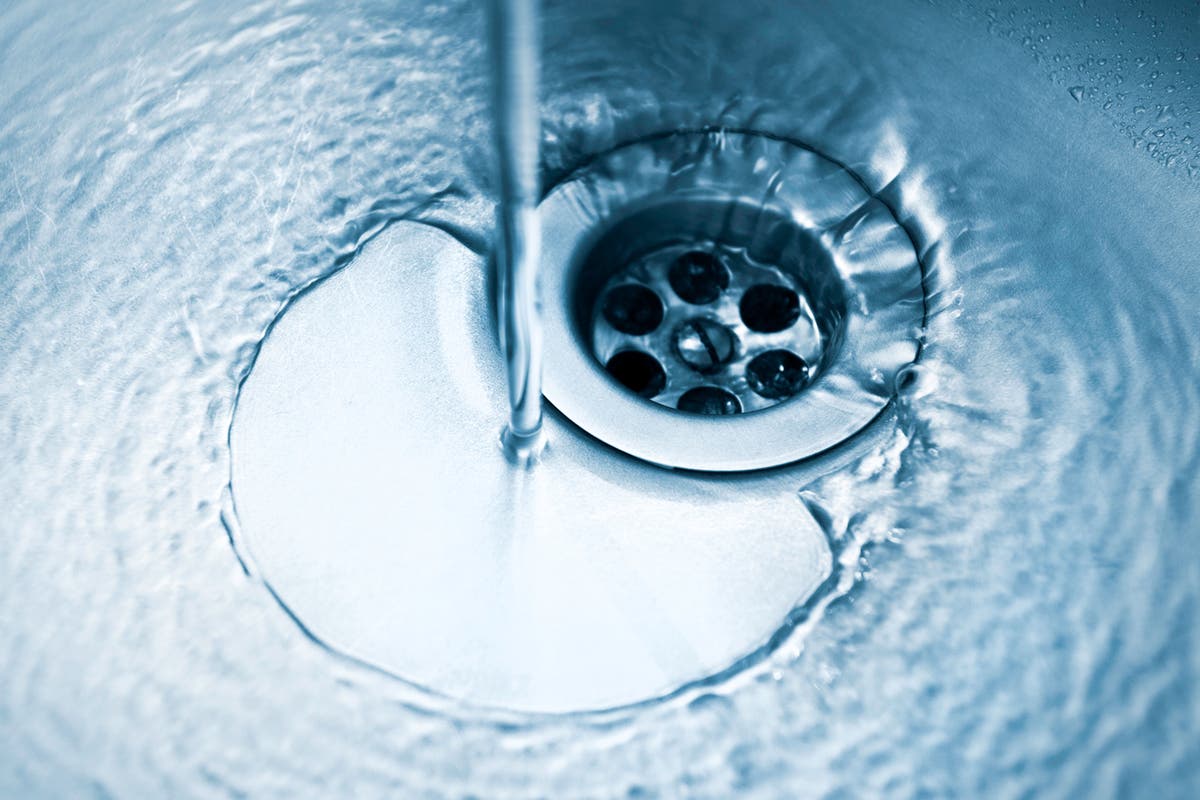It was probably not the best day for the water industry regulator to announce that average bills in England and Wales will increase by 36 per cent over the next five years.
As Ofwat delivered the bad news, around 60,000 properties in Southampton and south Hampshire lost access to running water and were having to rely on bottles for all their needs. The supplier, Southern Water, is the very company raising bills the most – by some 53 per cent. A “technical issue” is blamed; it is of course only the latest in a long saga of sinking standards across the industry, including excessive discharges of sewage into rivers and the sea, and some firms now facing bankruptcy and possible taxpayer rescue to stay afloat. As the prime minister might put it, there are “choppy waters” ahead…
How much are bills rising?
It depends where you live, but there will be hikes all round. The water companies, privatised in 1989, asked for an average rise of 40 per cent and they got most of what they wanted. Over the next five years, the average rise in bills will be £31 a year higher, but more in the first year. The pain will be greater because there is a link to inflation. The era of cheap water is over.
Why is this happening?
In the short term, because the companies are facing acute financial pressures and public pressure to clean up their act. In the case of some water companies, the allegation is that they have been badly-run in recent years. Many used valuable assets and reliable streams of income to borrow and load up debt, too much of which was siphoned off into generous “special dividends” for shareholders and at the expense of bill-payers who had to service the debt. For example, it is 30 since Britain boasted a new reservoir, during which time the population has risen by about 10 million.
Ofwat may or may not have been a competent regulator, but it simply doesn’t have the powers it needs over the firms’ financial management. If it did, there might not be much point in having water utilities in private ownership. Some companies are talking about selling off assets such as reservoirs to survive. In crude terms, some utility owners have been asset stripping businesses and loading them with an unbearable burden of debt, and now taxpayers and bill-payers are expected to step in.
In the longer term, much of the water infrastructure is extremely old and hasn’t benefited from much improvement even when water supply and sewage disposal were the responsibilities of local authorities. Many parts of Britain still rely on what was once world-leading Victorian pipework.
Will Thames Water go bust?
Remarkably, it is widely expected to. Its debts of around £18bn are simply too large to service without swingeing increases in bills and possible taxpayer assistance – subsidies that will end up in the pockets of the pension funds that rely on a steady stream of dividends rather than a steady stream of water to flush the loo.
The latest news from Thames Water is that it has been fined £18.2 million by Ofwat over “unjustified” dividend payments to shareholders – specifically, £158.3 million paid in October 2023 and March 2024. The regulator says it will claw back £131.3 million of the payments so it does not come out of customer bills. Thames Water claimed the payments were necessary to ensure it had ongoing access to debt markets which, you might say, is exactly the problem.
Thames Water is the biggest supplier in the country, and Whitehall officials have identified its collapse as a “critical risk”. If it did go bust, the supply of water and sewage services would continue – it’s unthinkable that the taps and toilets should run dry in an advanced economy – and the company would be placed in a special administrative structure, analogous to what happens with a failed bank. The cost of emergency nationalisation is unclear; it could easily run into billions. Not a great advert for privatisation.
Who gets the blame?
Ministers will inevitably be attacked but, like some other obvious recent disasters, it is very much an inherited problem long in the making. Fundamentally, privatisation (or at least the weak regulatory model adopted) was the policy of the Conservatives and they might be well advised not to try and make too much capital out of the coming crisis at Thames Water.

